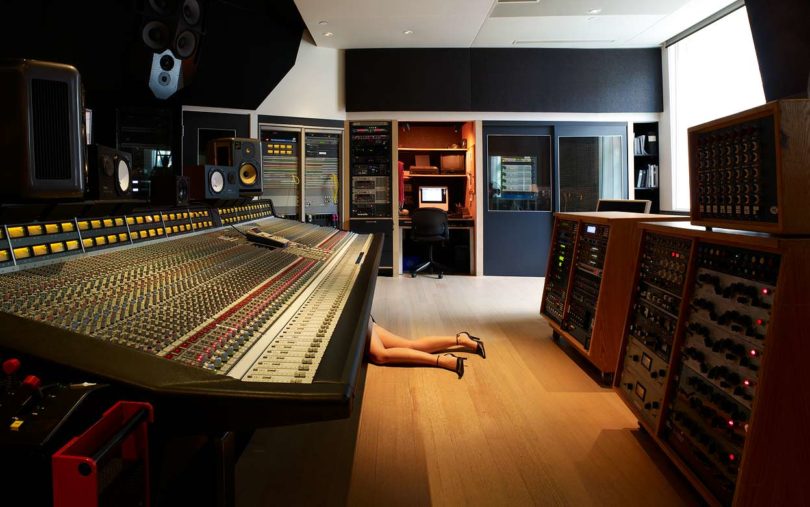Introducing the different types of music copyrights, the royalties they generate, and how music royalties generate income.
Mashene Music, Las Vegas is Offering Companies World Wide Sync Royalty Participation – How You Can Find Us on Social Media: LinkTree
The music industry relies on royalties generated by the licensing of copyrighted songs and recordings as a primary form of payment for musicians.
A “royalty” is a payment made to an asset owner for the right to use that asset. A “royalty interest” is the right to collect a share of future royalty payments.
Royalties are a “cut off the top” of revenue earned for the use of the asset. The owner of a royalty gets paid before stockholders, company executives, and so on. Royalty payments are typically made at specified intervals, such as monthly or quarterly.
Music royalties are derived from copyrights, which are a type of intellectual property. “Copyright” is a legal term that describes specific rights held by artists and other creative types over their original works.
U.S. copyright laws give exclusive rights to the creators of original works, and no one can use the composers copyrighted works without a license. In the music industry, the licensing of copyrights are the basis on which royalty payments are made.
Music Copyrights & Royalties
Music created today is protected by copyright laws when the work is “fixed in a tangible medium of expression.” Any work produced after January 1, 1978 is protected for the lifetime of the last surviving author plus an additional 70 years.
The music business generates multiple types of royalties, and each royalty stream is dependent on the kind of copyright it is associated with.
Every song has two copyrights:
- The Composition: For the song as it is written (think: lyrics & melody)
- The Sound Recording: For the song as it is recorded (what you actually hear)
Take for instance the song “Knocking On Heaven’s Door.” The Composition copyright covers the song as written, and it is held by the songwriter. This is the person who wrote the melody, notes, lyrics, etc.
Once that song is recorded, another copyright is generated, called the Sound Recording. The person or band who records the song owns the recording copyright.

In this case, the songwriter and the performer are the same as Bob Dylan both wrote and recorded the song. But often, multiple songwriters may assist in writing a song, and all have a royalty interest in the use of the composition copyright.
Types of Licenses
The royalties generated by the Sound Recording Copyright are called “Recording Rights” (sometimes “Master Rights”). Royalties stemming from the Composition Copyright are referred to as “Publishing Rights (sometimes “Songwriter Rights”).
Both copyrights generate royalties based on different uses of the composition or recording.
They include:
- Sales/Streaming: These are called “reproduction” royalties for sound recording, and “mechanical” royalties for the composition. In either case, any time a song is sold in any format, or streamed, a royalty is due.
- Public Performances: Whenever music is played publicly, someone is likely paying a performance royalty. This includes over the radio, in restaurants/bars, live performances, and even through streaming services like Spotify. Recording and Publishing royalties work slightly differently with this use, which we’ll get into more later.
- Licensing: Music is often licensed for placement in TV shows, films, ads, video games, and so on. These licenses generate Synchronization (or “sync ”) royalties and are a one-time payment negotiated between the copyright holder and the company licensing the music.

Royalty Stakeholders
In both the Recording and the Composition, multiple stakeholders collect a percentage of the royalties the music they work on generate.
- Sound Recording: Bands often sign recording contracts with labels. The label then owns and exploits the copyright and pays the band members according to their contract. This can include multiple band members, as well as producers, session musicians, and others who all are due their cut for their work on the recording.
- Composition: Songwriters often sign with publishers in what’s called a publishing deal. The publisher takes ownership of the copyright and in return has the task of licensing the composition and collecting royalties. Royalties generated are typically split 50/50 between songwriter and publisher. There are often multiple songwriters attached to a song, each of whom may be owed a different percentage of the royalties collected, and each may work with different publishers to collect.

That’s it for the overview. Below, you can find links to explore each royalty type more closely, and more…

